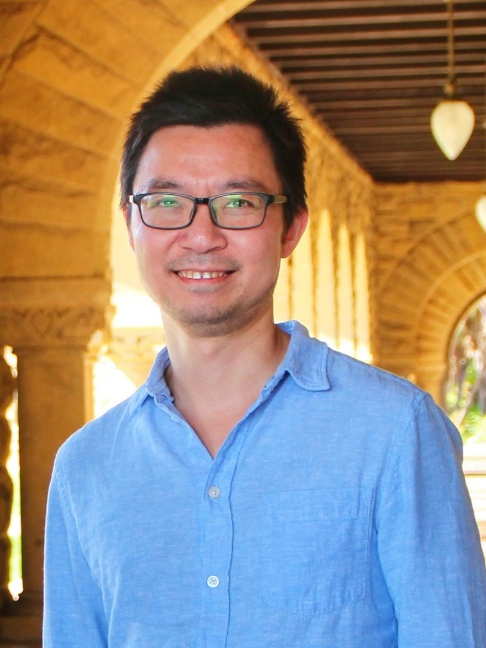
Dr. Wen-Jie Bian earned his bachelor’s degree at Zhejiang University of Technology in 2008 and Ph.D. in
Neurobiology at the Institute of Neuroscience, Chinese Academy of Sciences in 2016. Since Dec 2016, he
had worked as a postdoctoral fellow in Luis
de Lecea’s laboratory at the Department of Psychiatry and Behavioral Science, Stanford University School
of Medicine, before he was promoted to an instructor in 2022. His work on neural circuit development and
sleep was published in prestigious
journals including Cell, Nature Neuroscience and Sleep. He has
received awards and honors including the Excellent Doctoral Dissertation of Chinese Academy of Sciences,
Trainee Professional
Development Award from the Society for Neuroscience, Human Frontier Science Program Long-term
Postdoctoral Fellowship, Brain & Behavior Research Foundation Young Investigator Award, and Sleep
Research Society Outstanding Early Investigator
Award. In 2023, he joined Westlake University as a Principal Investigator and started the Laboratory of
Sleep and Neural Development.
“My scientific journey began with culturing neural stem cells in a small lab during my
undergraduate years. Since then, my academic life has demonstrated an adventurous trajectory from cell
biology to animal behavior and from
neural development to sleep research. My research experiences in these diverse fields have shaped me
with a scientific mind that always views the biological questions (e.g., why we sleep) from
developmental and evolutionary perspectives.
As the evolutionary biologist Theodosius Dobzhansky once put it, nothing in biology makes sense
except in the light of evolution. I dare to make an adaptation of his words, i.e.,
everything in biology makes much more sense only in the
light of development. In the long term, an ongoing enthusiasm of the Bian lab is to
understand the development of neural structures and underlying mechanisms which give rise to both normal
and abnormal behaviors.”